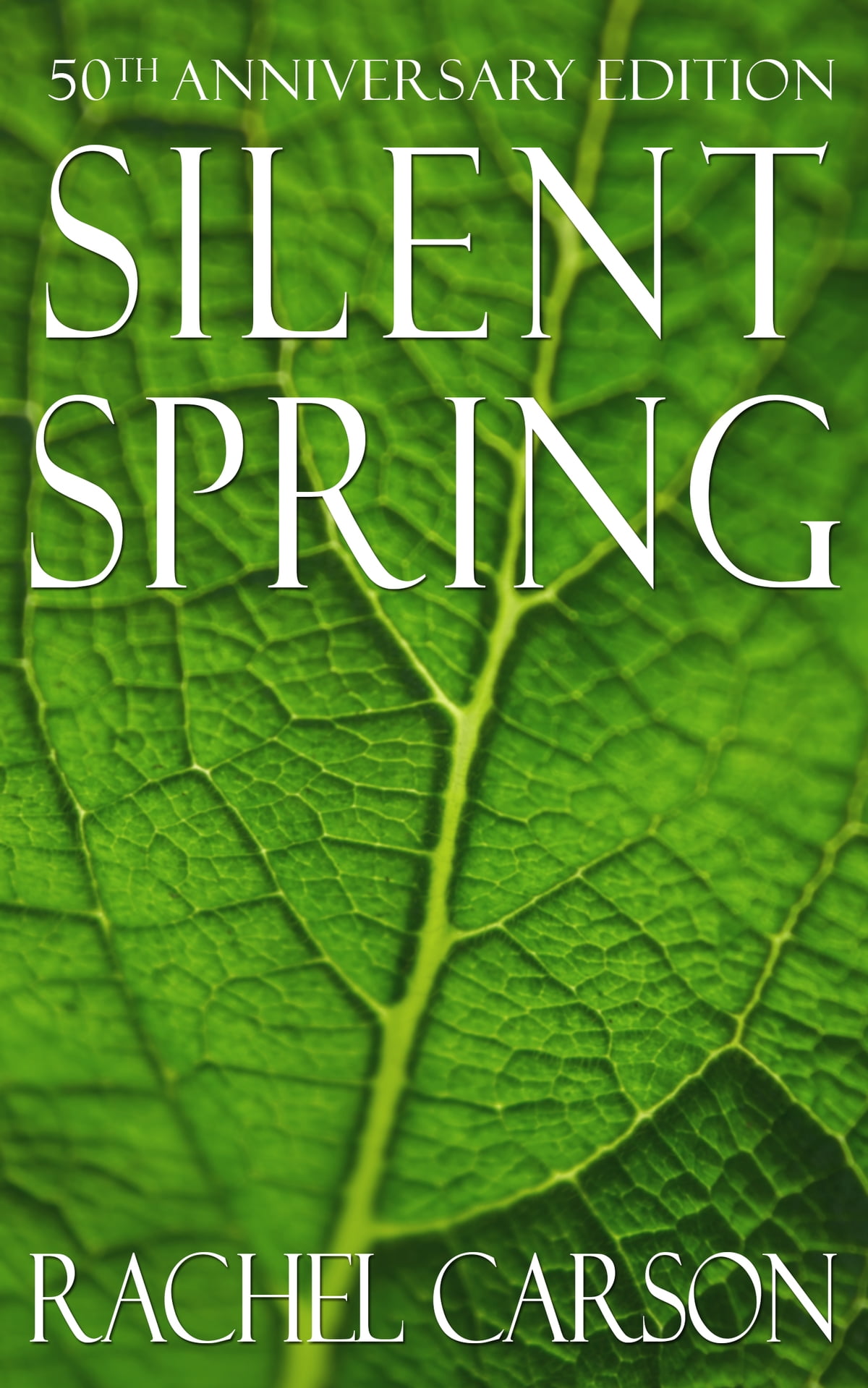Home > Sections > Famous Scientists > Rachel Carson
Rachel Carson
Life Details
Born: May 27th 1907. Died: April 14th, 1964
Introduction
A marine biologist and nature writer. She wrote books on environmental pollution and the natural history of the sea. Her books published formed the basis of US Environmental Protection Agency, an agency that looks at all manners of environment and how it is conserved and protected.
Early Life
Born on May 27th, 1907, she was the youngest of three children to Robert and Maria McLean Carson. By the age of 10, she was already writing, and became a published writer for a children's magazine. This led to her attending the Pennsylvania College for Women (now Chatham University), and in 1929, she graduated magna cum laude (the second highest honour).
The next education she undertook was at the oceanographic institute at Woods Hole, Massachussetts, and at John Hopkins University. Here she mastered a degree in zoology by 1932. It was at this point that her family had troubles, and she was forced to miss out on a doctorate. She instead went to help her mother and her two orphaned nieces.
Into a Career
In 1936, Carson became an aquatic biologist with the US Bureau of Fisheries, and she worked with them until 1952. Her work there saw research and the opportunity to publish works of her own, such as Under the Sea-Wind, published in 1941. Like all her books, it was widely praised, due to its scientific accuracy and her book, The Sea Around Us published in 1951, was a national best seller and was translated into 30 languages where it sold around the world.
Silent Spring
A book title released by Carson in 1962, Silent Spring became a best seller, and made people aware of the dangers of environmental pollution. It outlined the fact that our ecosystems were reaching the limits of what they could sustain, and pointed out that uses of pesticides and other chemicals all attributed to this effect.
Chemical companies that had read the book tried to discredit her as a Communist or a hysterical woman, based on claims in the book being insubstantial. A news report on CBS in April 3rd 1963 saw roughly 15 million people tune in to watch it. The evidence behind this programme, and a committee report from John F. Kennedy's Science Advisory that validated her research, made the pesticides a major debating issue. Before the book showed any results from the release, Carson died in 1964.
Her Legacy
Though she died before anything could be done about the research in her book, posthumously, she was awarded the Presidential Medal of Freedom. Her homes are considered national historic landmarks, and there are awards now named after her.





